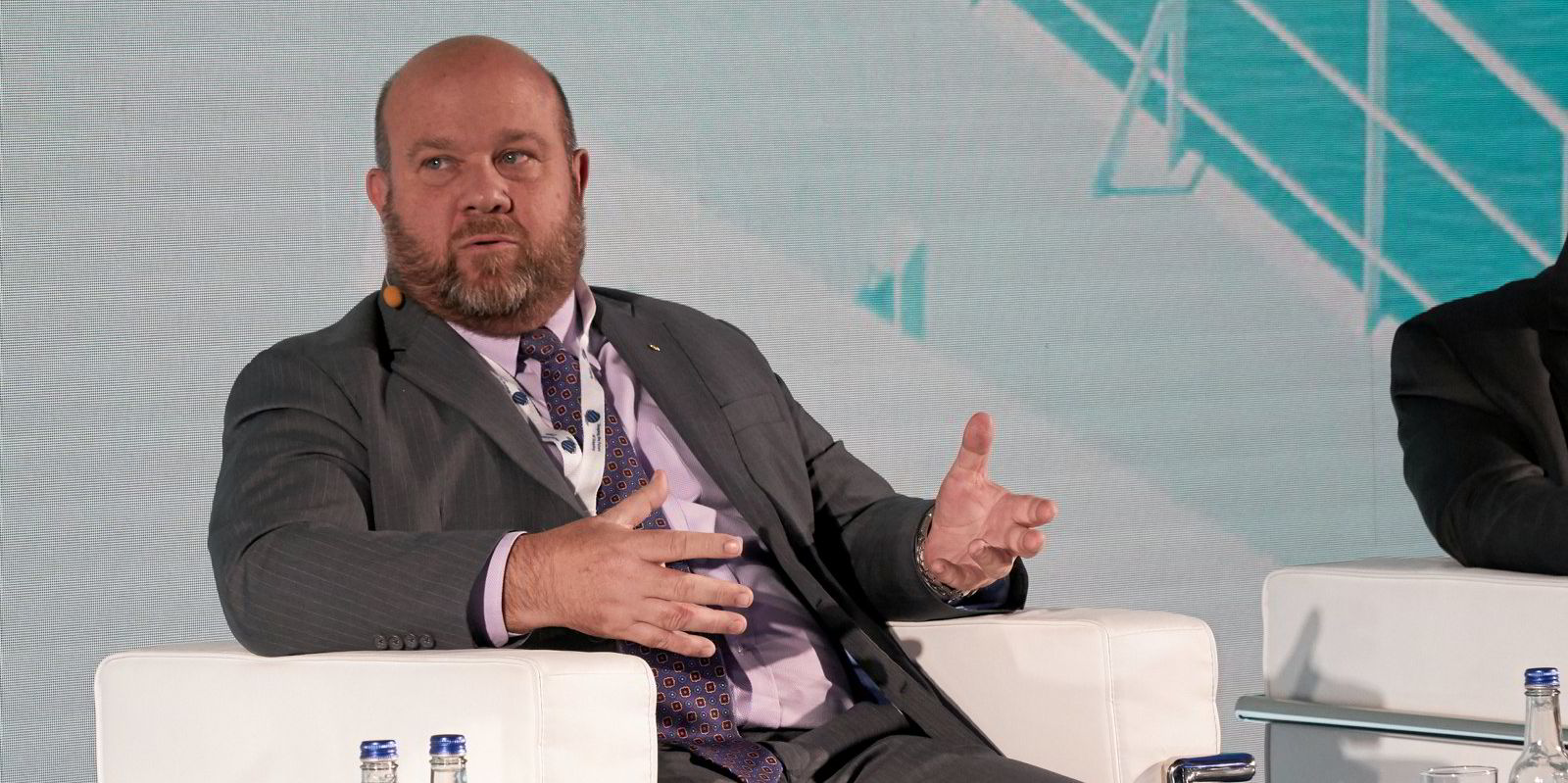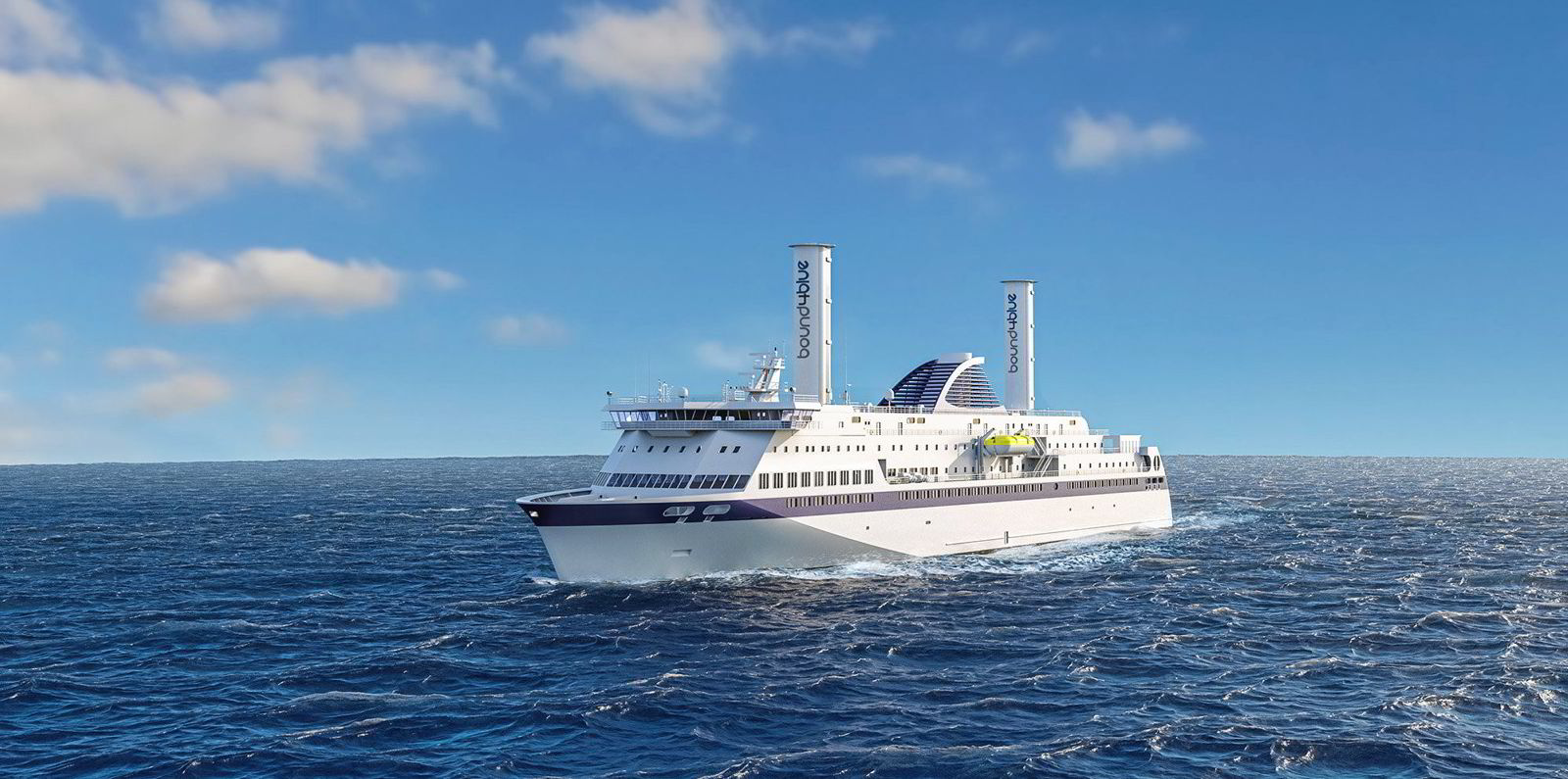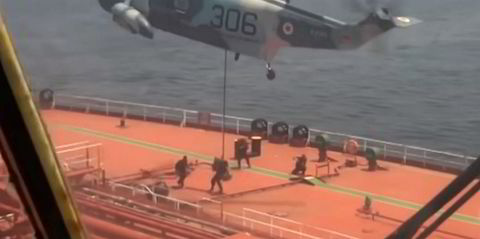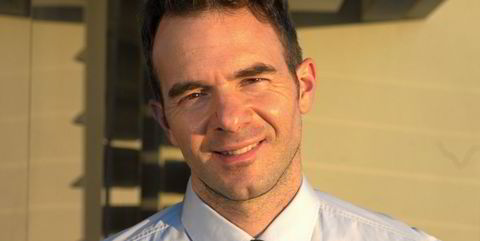Even when shipowners commit to sustainability, the alternative-fuel chicken and the egg problem continues to rear its ugly head.
At the ABS Sustainability Summit in London on Monday, MSC Group’s Bud Darr spoke of his company’s desire to fuel with synthetic or bio LNG and Oldendorff Carriers’ Christopher Fee indicated an interest in methanol — but both discussed drawbacks with their fuels of choice.
MSC Mediterranean Shipping Company has several LNG dual-fuel ships on order, while Oldendorff has not yet taken the leap into alternative fuels.
“There’s still today a substantial mismatch between the rhetoric of some, which I think is well-intentioned that they want to do the right things as a company or want to push the industry hard, it’s a big mismatch with the volumes and the timelines we’re seeing in the market,” said Darr, who serves as the container shipping and cruise giant’s executive vice president for maritime affairs.
He noted that MSC is “out there every day” in the market, looking at potential fuels.
He believes fossil fuel-derived LNG’s lifespan as a mainstream fuel will be limited.
“I know our thinking is that we need to move to bio and synthetic forms of the molecule at the first opportunity,” Darr said.
Fee, Oldendorff’s director of global engagement and sustainability, said the company is encouraged by methanol.
“It exists today, the engines exist today, not for all sizes but the engine manufacturers are filling those gaps,” he said.
“The other thing is, you can use those fuels, generally you can use them with existing infrastructure and generally non-toxic to the degree of ammonia.”
Still, methanol needs to be sourced renewably in order to meet the more stringent emissions targets from the International Maritime Organization past 2030, and Fee said Oldendorff was concerned by the lack of green methanol.
He acknowledged the issue exists for other fuels, as well. He also noted the potential issue for a company that works primarily in spot trades needing fuel availability globally.
Most methanol-powered newbuildings have been container ships.
“We don’t have the luxury that MSC has with container ships and cruse ships have their schedules already planned six months in advance,” Fee said.
World Bank transportation economist Sophie Parker pushed back against MSC Group’s support for LNG, citing work from her organisation that LNG offers marginal improvements over traditional fuels on a well-to-wake basis.
“The biomethane alternative just doesn’t look like a sustainable alternative in mass scale,” she said. “Doesn’t look like a good option for the global fleet.”
Parker said shipowners should explore optimisation strategies and suggested port optimisation or just-in-time arrival could result in substantial emissions cuts.
She believes port optimisation strategies could be in place in ports across the world in the coming years.
“Those are not huge investments, but they take huge collaboration,” Parker said.







